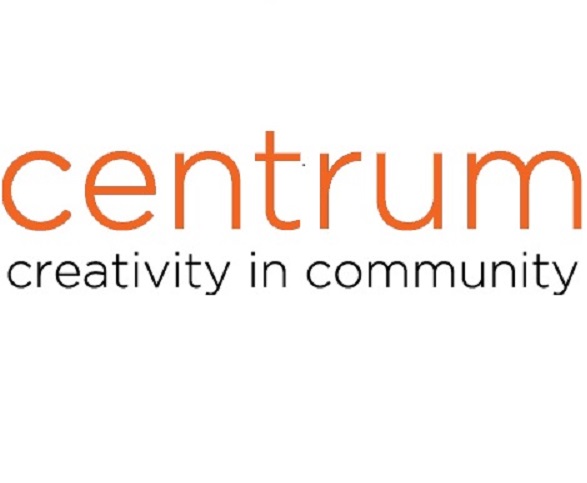[Post by guest blogger Martha Carey]
During this week's debate between Senators McCain and Obama, McCain mentioned that Herbert Hoover was the last president to raise taxes in a time of national strife.
I thought the mention was odd in and of itself, but odder still (for me at least) was that I had just spent some time exploring the exhibition "To Choose Freedom: Soviet Dissidents and Their Supporters", which is housed at the conservative Hoover Institution  on the Stanford University campus.
on the Stanford University campus.
"To Choose Freedom" presents photographs, letters, essays, and publications by (and some video interviews with) Soviet dissidents who had been imprisoned after expressing their views on democratizing the Soviet Union. All content in the exhibition was drawn from the Hoover Institution archives, and consequently all content in the exhibition connected to the meta-theme of "We at the Hoover hate evil Communism and really really love free market Capitalism. Bigtime."
On view in the exhibition space was a mesmerizing 1977 video of William Buckley, Jr. interviewing dissident Vladimir Bukovskii. Joining Buckley as "examiner" was Andrew Knight, then editor of the neocon guide to life, The Economist.
Vladimir Bukovskii was a student activist who protested about and famously argued in court for recognition of basic civil rights in the Soviet Union in the late 60's. He was sent to Lubyanka prison and then on to a mental hospital/prison for 12 years, where he was tortured. Upon his release (post-Helsinki Accords), Bukovskii went west. 
During the interview/debate, Bukovskii was complimented by Buckley on his skill with the English language, and Buckley also condescendingly reassured Bukovskii that he was doing a great job.
Then, Buckley asked Bukovskii whether the former prisoner's view of America (that full flower of happy free Capitalism!) was "quixotic." When Bukovskii seemed stumped by this word, Buckley's eyes grew large and he leaned forward slightly, instantly engaged by the limitations of his guest.
Or perhaps Buckley was making a pass?
Anyway, Knight later chimed in to ask/confirm whether Bukovskii was or ever had been a Communist, and to ask just how much Bukovskii admired Capitalism. Sure.
Posted throughout the exhibition were large-type definitions of words and ideas the Hoover Institution deemed pertinent to the "struggle against the Soviet Union's 70-year reign", including Hannah Arendt's view of totalitarianism as a system that attempts to control the private behavior and innermost beliefs of an individual, directing one's personal decisions, including how one raises one's children, and who one can marry.
There is a ballot initiative in California right now about that, actually.
The exhibition taught me much I did not know about the Soviet Union post-Stalin, and as Joe Biden recently repeated, past is prologue. But both the exhibition and this week's Presidential debate also raised a number of questions in my mind – – not the least of which was, do conservative thinkers even have the capacity for self-reflection?
After being drenched in this sweat lodge of conservatism, I wandered across campus to the Cantor Arts Center to air out, and spent some time looking at the Rodin sculptures. But on this day all I saw in his gorgeous sculptures were Soviet prisoners in gulags being verbally beaten to death by the hypocrisy of conservatives who said torture was an "evil" only unfree nations engage in.
So I retreated to the contemporary section of Stanford's mini-temple of art, and attended to Jean Arp's 1942 sculpture "Silence". 
One could view "Silence" as an act of force, a tongue which turned to marble after being removed from its owner…but Arp said he really intended it as a beautiful reminder of the clarity- and contemplation-inducing silence that the world is rapidly losing.
